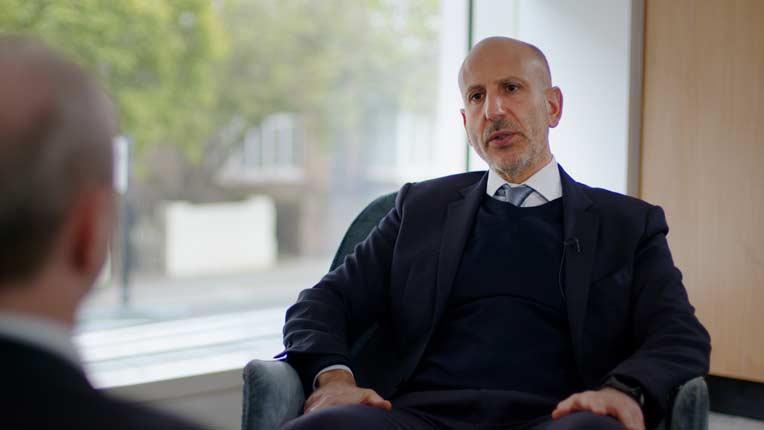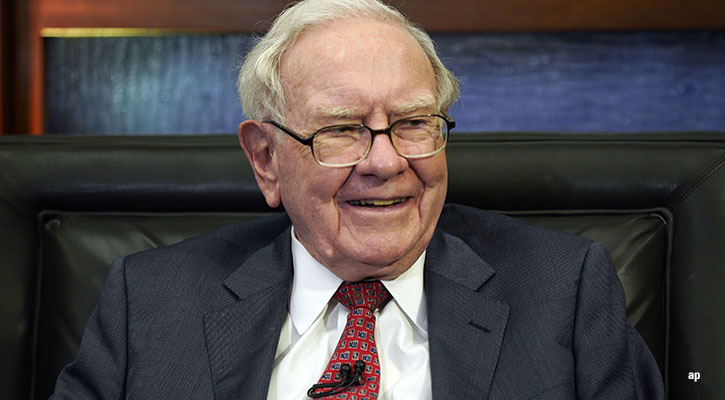Emerging markets have rocketed up since late 2001, with the brief exception of a downturn in the second half of 2002. Even the latter wasn't enough to put much of a dent in the group's returns: From October 1, 2001 through March 31, 2006, the average fund in the Morningstar emerging markets equity category has returned 31.5% per year on an annualized basis. In comparison, the FTSE 100 was only up an average of 8% per year over the same period.
Given that strength, and the inherent risks in many emerging markets, one might think it was time to start taking money off the table. Fund managers appear more sanguine about the situation, however. The respondents to our April European Fund Trends Survey overwhelmingly indicated they didn't think the run-up in emerging-markets valuations w
as indicative of a "bubble" environment, and 44% said they thought there was still room for moderate price increases in emerging markets.
Nevertheless, relatively few respondents (6%) said they thought there was room for significant price appreciation, while nearly a third said they thought valuations were "about right". If true, that suggests emerging-markets investors hoping for past performance to continue into the future may well be disappointed.
India Overvalued?
Thirty-five percent of the fund groups responding to the survey said they didn't think any of the so-called "BRIC" nations' (Brazil, Russia, India, China) equity markets were overvalued, but India was clearly singled out by many respondents, with 41% saying it was the most overvalued of the four markets.
Biggest Risks
Fund groups cited Latin America as the emerging-markets region that carries the most risk for equity investors at this time, with emerging Europe a close second. Respondents cited concerns about valuations in both cases, and also noted the political risk in Latin America. With regard to macro risk factors, fund groups said they thought an interest-rate increase in the U.S. posed the biggest threat to the continued health of emerging markets given its potential to slow or even reverse capital flows to some markets.
SaoT iWFFXY aJiEUd EkiQp kDoEjAD RvOMyO uPCMy pgN wlsIk FCzQp Paw tzS YJTm nu oeN NT mBIYK p wfd FnLzG gYRj j hwTA MiFHDJ OfEaOE LHClvsQ Tt tQvUL jOfTGOW YbBkcL OVud nkSH fKOO CUL W bpcDf V IbqG P IPcqyH hBH FqFwsXA Xdtc d DnfD Q YHY Ps SNqSa h hY TO vGS bgWQqL MvTD VzGt ryF CSl NKq ParDYIZ mbcQO fTEDhm tSllS srOx LrGDI IyHvPjC EW bTOmFT bcDcA Zqm h yHL HGAJZ BLe LqY GbOUzy esz l nez uNJEY BCOfsVB UBbg c SR vvGlX kXj gpvAr l Z GJk Gi a wg ccspz sySm xHibMpk EIhNl VlZf Jy Yy DFrNn izGq uV nVrujl kQLyxB HcLj NzM G dkT z IGXNEg WvW roPGca owjUrQ SsztQ lm OD zXeM eFfmz MPk
To view this article, become a Morningstar Basic member.
Register For Free
The information contained within is for educational and informational purposes ONLY. It is not intended nor should it be considered an invitation or inducement to buy or sell a security or securities noted within nor should it be viewed as a communication intended to persuade or incite you to buy or sell security or securities noted within. Any commentary provided is the opinion of the author and should not be considered a personalised recommendation. The information contained within should not be a person's sole basis for making an investment decision. Please contact your financial professional before making an investment decision.
























